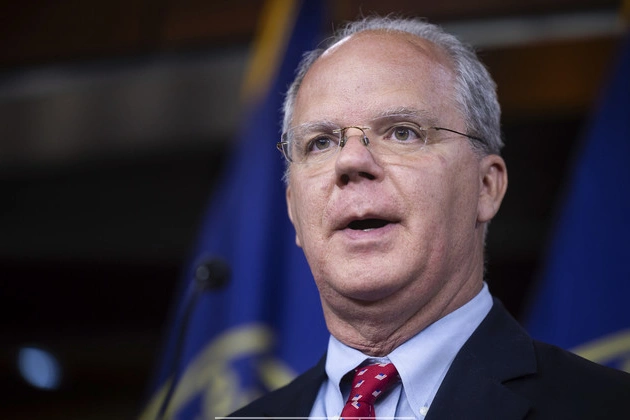
If House Republicans manage to adopt a budget proposal as they plan on Tuesday night, it’ll be because they convinced members of their caucus concerned about Medicaid cuts that those will come from rooting out waste, fraud and abuse, not reducing benefits.
Addressing Medicaid Waste
It’s hard to see how the numbers add up. The Government Accountability Office estimates about $31 billion last year in improper payments in Medicaid, the federal-state health insurance program for low-income people.
GOP leaders want the Energy and Commerce Committee to come up with nearly three times as much money in savings, $88 billion a year over 10 years, to pay for the tax cuts, border security, and energy exploration they want in the bill. The most likely target in the committee’s jurisdiction is Medicaid, which is projected to cost $8.2 trillion over the 10-year window the budget bill will cover.
Committee Strategies
Even so, Energy and Commerce Chair Brett Guthrie (R-Ky.), told POLITICO, “Massive cuts in the program just aren’t going to happen.” That message, seconded by Speaker Mike Johnson in a meeting with Republicans concerned about Medicaid cuts on Monday, resonated, winning over holdouts.
Republicans plan to use a fast-track process for the legislation that will allow them to pass it without any Democratic support if Republican lawmakers stick together. But the measure cannot add to the deficit.
Exploring Savings Options
Guthrie told POLITICO the committee is looking at a “menu of items” that are sources of wasteful spending. To stop improper payments, cases in which the government overpaid a provider, Guthrie said the committee could look at ways to improve state oversight.
But Guthrie identified another way to reduce federal spending, by examining the taxes states levy on doctors and hospitals. Most states levy such taxes to pay for their share of Medicaid expenditures, rather than tap their general funds.
The federal government matches a portion of state spending, so reducing it could save big money. Fully eliminating the taxes could save the federal government $612 billion over a decade, according to a December 2024 report from the Congressional Research Service.
Future Legislation Plans
The GOP’s budget proposal is the first step toward crafting detailed legislation that will specify where the money is coming from and where it’s going. Guthrie has said that some of those savings don’t have to come from Medicaid and could come from other sources like clawing back clean energy tax credits.















